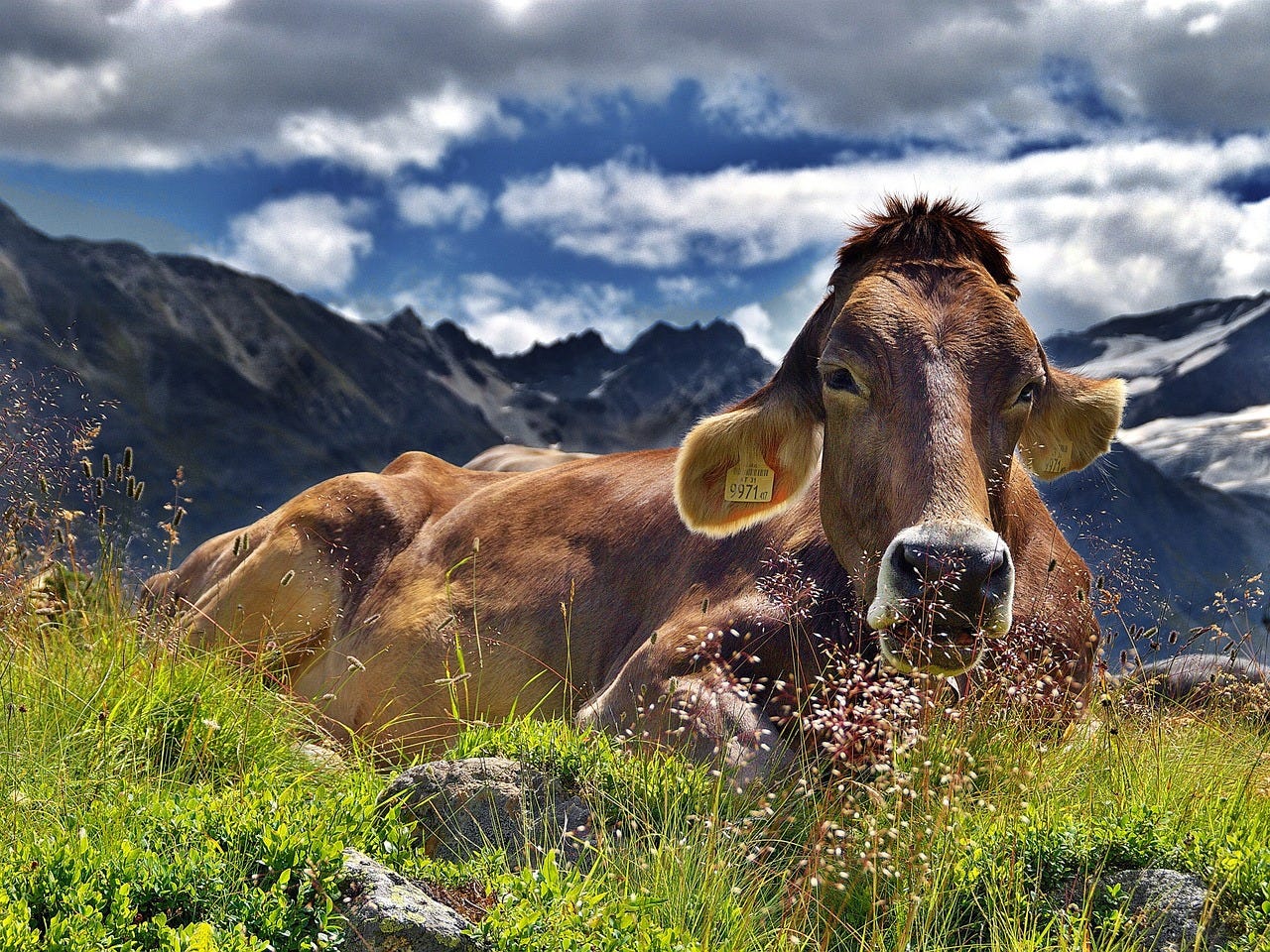I noticed it immediately in the days following The Election: Rest became a thing again.
It started with Black women, as many movements often do. These women had fought and they had lost — and now, feeling disillusioned, tired, and betrayed by a majority of Americans who had once again voted Trump into the highest office in the land, they gave into rest. Some of us followed their lead and also started to rest.
Those who rested did so because we couldn’t not rest. Rest became the only viable option, the only thing we could do to resist and survive and maybe, someday, once again thrive.

Of course, by the time The New York Times picked it up, rest had not only begun but it had already been embraced in full. Black-led and oriented publications like Essence, The Root, and Capital B News broke the news soon after November 5th. By the time the Associated Press got hold of the story a couple of weeks later, an eternity had already passed, at least when it came to current news cycles.
Was the invitation to rest still relevant for those of us who didn’t catch on right away?
Rest, of course, is always relevant. But in a culture that prides itself on productivity, consumerism, and laissez-faire ideals of capitalism, it’s easy to forget how necessary it is to rest. It’s easy to not make rest a regular practice in our everyday lives, because rest is not a measurable, quantifiable commodity. And we humans sure like to measure our success, our assets, our bodies.
In my next book, Church Camp, a chapter on the resurrection morphed into one of transaction — transaction proven through overworked (and underpaid) seasonal employees, the high cost of camp, and the little known practice of counting heads for heaven above at the end of the week.1
Here’s a snippet:
Tired to the bones though we were, it didn’t stop us from believing in something bigger than ourselves — and from wondering if all of this gathering together and sharing life and learning something along the way was how life was meant to be. Because then, we just kept going. We did our jobs, climbing high into the trees and rafting down rivers, fixing up miniature motorbikes and rounding up fallen arrows and steadying our eyes on aqua-colored pool water for afternoon lifeguarding sessions. We did all these things, and we gave them our whole heart, sometimes breaking for lunch and dinner, sometimes stopping to chat with another counselor beneath the willow trees. We worked, and we worked, and we worked, all the way through campfire and club and evening program sessions, tired as all get-out but alive in a way we never felt anywhere else. And we kept this up for four weeks, eight weeks, twelve weeks at a time — our bodies a pummeling force of spiritual desire, desperate to make God proud, determined to hear tales of change and transformation we believed could only happen with the help of Jesus.
For much of my life, I pushed my body and did not rest because I believed it the thing I was supposed to do as a follower of Jesus. Why rest when I could read another book, get another degree, speak at another weekend camp, have another conversation, and be the exemplar Christian God wanted me to be?
But lack of rest, no matter its origin often leads to burnout, among other qualifiers. As Tricia Hersey, founder of The Nap Ministry and author of Rest is Resistance, writes, “Productivity should not look like exhaustion. The concept of laziness is a tool of the oppressor. A large part of your unraveling from capitalism will include becoming less attached to the idea of productivity and more committed to the idea of rest as a portal to just be.” Hersey, of course, uses rest to dismantle systems that unfairly affect the Black community.
But her message—to dismantle unjust systems toward communities of color and rest as a form of resistance—is for all of us.
After all, to rest is to allow for healing, to make room for the unknown and learn how to be once again. I think of the following prayer from the United Nations Environmental Sabbath Program:2
We who have lost our sense and our senses—our touch, our smell, our vision of who we are: we who frantically force and press all things, without rest for body or spirit, hurting our earth and injuring ourselves: we call a halt. We want to rest. We need to rest and allow the earth to rest. We need to reflect and to rediscover the mystery that lives in us, that is the ground of every unique expression of life, the source of the fascination that calls all things to communion. We declare a Sabbath, a space of Quiet: for simply being and letting be; for recovering the great, forgotten truths; for learning how to live again.
I don’t know about you, but this is what I want and need and desire in this next season. Perhaps it’s what we all want and need and desire moving forward.
We’re resting because we can’t not rest.
We’re resting because it’s a must.
We’re resting to resist.
Join me?

How does a chapter on the resurrection morph into one of transaction? I promise, it somehow all fits together at the end of the day but I guess you’ll just have to read it to find out.
I believe this is officially called “A Call to Prayer.” Do let me know if I’ve gotten it wrong.


